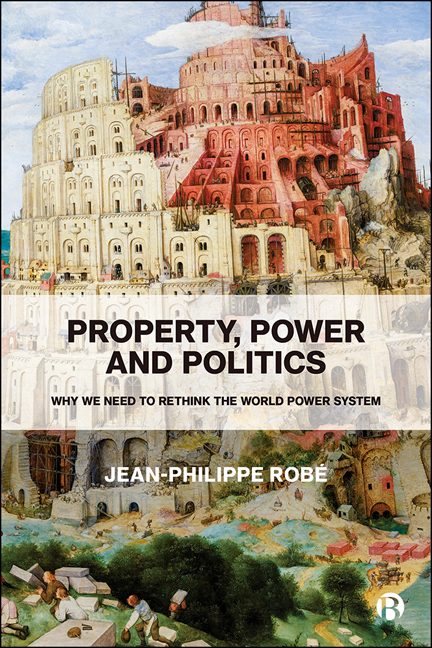Introduction to Part II
Published online by Cambridge University Press: 12 March 2021
Summary
The second part of this book explains the position of global firms in the World Power System and how a renewed understanding of the effective structure of the Power System can lead to an adjustment of their role. Today's World Power System is facing obvious difficulties to address potentially deadly issues such as climate change. This is in part due to the globalization of firms and of value chains which make it almost impossible for States to fulfil their internalizing and redistributive functions. States are now in the uncomfortable position of having to behave both as the whole and as the part, as the container and the content, as the inclusive instance of power and as a mere component included in a larger Power System. States provide the infrastructure and rules required for the operation of a market economy but they are also participants in the competitive game to attract under their jurisdiction the localization of part of the economic process, which negatively affects their ability to fulfil their constitutional role. A key proposal of this book is that a renewed understanding of the real operation of the World Power System must integrate the role played by global business firms and markets. A proper understanding of the Power System could lead to an amended mandate for firm governance, internalizing the negative externalities they otherwise generate.
This second part stresses the importance of corporate property. The only type of corporation which has been discussed to some extent in the first part of this book is the State. We have seen how central this development has been for the creation of a market economy and, more generally, for the institutionalization of an open access society. But we now live in a world of corporations and the fact that, for most significant economic activities, individual persons act via separate legal, corporate persons has completely changed the economic, legal and political landscape. When liberal Constitutions were first put in place starting at the end of the eighteenth century, it was not envisioned that the rights of autonomy granted to individuals would be extended to corporate vehicles.
- Type
- Chapter
- Information
- Property, Power and PoliticsWhy We Need to Rethink the World Power System, pp. 185 - 194Publisher: Bristol University PressPrint publication year: 2020



